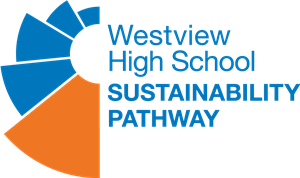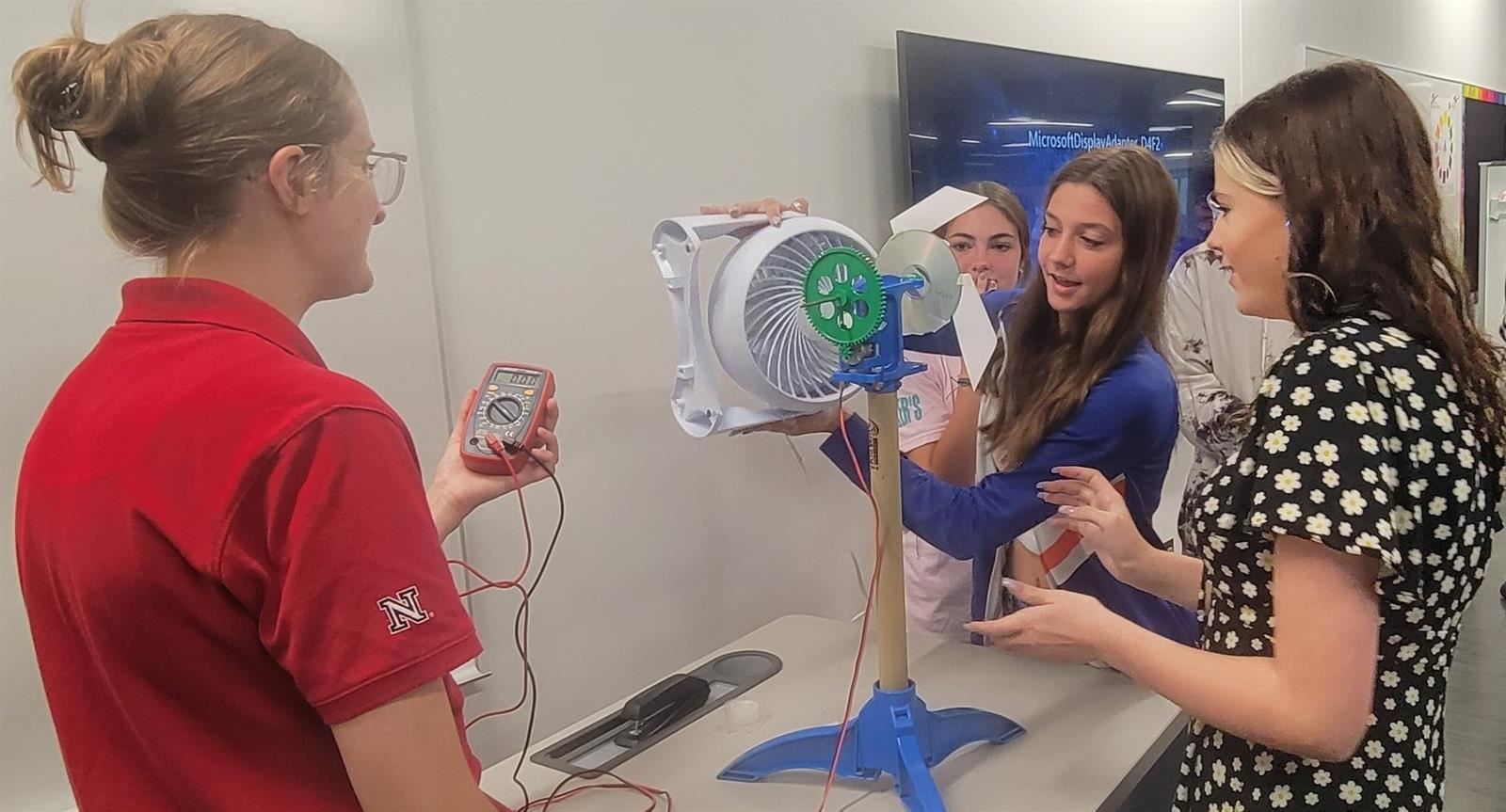College & Career Academies and Pathways
Page Navigation
Westview Sustainability Pathways
-
 Civil & Community Engineering
Civil & Community EngineeringCourses in our Civil and Community Engineering Pathway contain a full sequence of Civil Engineering Design courses.
10th Grade Course:
Civil Engineering Design 1-2
Civil Design Engineering 1-2 is a foundational course in the Civil Engineering Pathway for students interested in a variety of engineering and design professions. Upon completion of this course, students will build foundational skills in freehand sketching, fundamental technical drawing, and related measurement and math. Proficient students will be able to use computer aided design (CAD) software to create multi-view, sectional view, auxiliary view, and three-dimensional drawings using industry standard dimensioning and notation.11th Grade Course:
Civil Engineering Design 3-4
Civil Design Engineering 3-4 is the second course in the Civil Engineering Pathway. Students in this course build their skills in developing computer skills that civil engineers use in a daily basis such as formulated calculations, data analysis and reporting using spreadsheets, computer aided design (CAD) of civil structures and similar professional software, use of Geographic Information Systems (GIS) for mapping of transportation and water resource systems.12th Grade Course:
Civil Engineering Design 5-6
Civil Design Engineering 5-6 is the third course in the Civil Design Pathway. In this advanced course, students will apply technical drawing and design skills developed in the previous courses to specific civil projects and contexts. Collaboration is encouraged between individuals and group participants to expand their problem-solving and critical-thinking skills by assessing the requirements of a project to accomplish realistic planning. Upon completion of this course, proficient students will be able to employ methods of data collection and analysis to provide others with appropriate information for projects and to develop their own designs.Available Dual Enrollment Courses & Certifications: TBD
Suggested Electives: World Language of Choice, Journalism, Digital Design, Environmental Science
Student Organizations: SkillsUSA, VEX Robotics
Clean Energy Research & Development
Courses in our Clean Energy Research and Development Pathway contain a full sequence of Clean Energy courses.
10th Grade Course:
Clean Energy 1-2
This course exposes students to three sources of renewable energy: wind, solar and biofuels. Working with solar, thermal, chemical, and mechanical sources of clean energy teaches students how to apply physics, geography, chemistry, biology, geometry, algebra, and engineering fundamentals. Students learn the most efficient and appropriate use of energy production as they explore the relevant relationship among work, power, and energy. Students will engage in a wide variety of hands-on projects and lab activities that both test their knowledge and illustrate the interrelationships between the various forms of clean energy.11th Grade Course:
Clean Energy 3-4
This course builds on the foundation of Clean Energy 1-2 and introduces nuclear power, steam generation, fuel cells, geothermal power, water power, AC/DC power generation, heat transfer and the laws of thermodynamics. In addition, students now use chemical and thermal energy principles to create, store and use energy efficiently to power a variety of mechanical and electrical devices. Students will engage in a variety of hands-on design projects to demonstrate principles using advanced technology hardware and software.12th Grade Course:
Clean Energy 5-6
The course will provide students the opportunity to work independently with open-ended, problem-solving scenarios to create an original solution in the area of clean energy entrepreneurship or clean energy research and development. Students will collaborate with a mentor to conduct applied research around a defined research problem, develop solutions, collect, and analyze relevant data, evaluate their solutions, and present their findings in public venues and competitions.Available Dual Enrollment Courses & Certifications: TBD
Suggested Electives: World Language of Choice, Environmental Science, Earth Science
Student Organizations: SkillsUSA, Green Schools Initiative
Environmental Studies
10th Grade Course:
Environmental Science 1-2
Environmental Science allows students to develop insights and skills needed to make decisions regarding the environment. The class provides basic knowledge on ecosystems and how they work. In addition, students learn how they affect the environment, what they can do to use the environment wisely, and how to preserve what is left. This course includes hands-on experiences, simulations, and outside activities. In the end, the students learn about the world in which they live.11th Grade Course:
Environmental Water Technology 1–2
This course will develop student proficiencies in the areas of hydrology, safety skills and procedures, geological principles of water resources, management of wetlands, storm water systems, environmental water resources, equipment and facility maintenance, scientific and research concepts; principles of leadership; employability, and human relations skills. Laboratory-based activities are an integral part of this course. These include the safe use and application of appropriate technology, scientific testing, and observation equipment.12th Grade Course:
Inland Ecosystems 1-2
This course will develop competencies in the areas of environmental resources from the perspective of local inland ecosystems, scientific investigation, laboratory safety, scientific and technological concepts, and the fundamentals of biotechnology. The course will focus on historical use of inland ecosystems, current uses and impacts on the ecosystem, and explore the future of inland ecosystems.Available Dual Enrollment Courses & Certifications: TBD
Suggested Electives: World Language of Choice, Earth Science
Student Organizations:
ACE and SAME Engineering Competitions (Sponsor: John Hjelle)Green Club (Sponsor: LeeAnn Stover)


